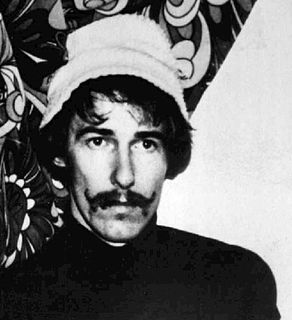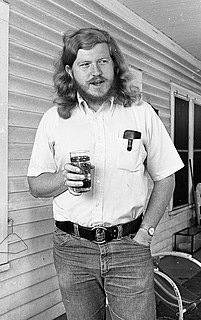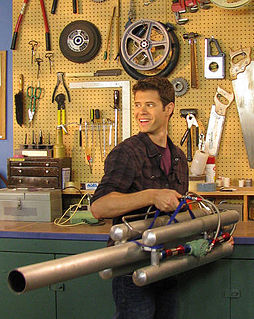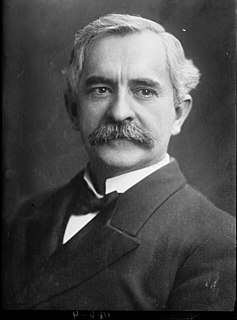A Quote by Edwin Hubbel Chapin
Our life is what we make it. An insignificant game or a noble trial; a dream or a reality; a play of the senses worn out in selfish use, and flying "swifter than a weaver's shuttle," or an ascension of the soul, by daily duties and unfaltering faith, to more spiritual relations and to loftier toils.
Related Quotes
Faith by its very nature must be tried, and the real trial of faith is not that we find it difficult to trust God, but that God's character has to be cleared in our own minds. Faith in its actual working out has to go through spells of unsyllabled isolation. Never confound the trial of faith with the ordinary discipline of life. Much that we call the trial of faith is the inevitable result of being alive.
If and when a horror turns up you will then be given Grace to help you. I don't think one is usually given it in advance. "Give us our daily bread" (not an annuity for life) applies to spiritual gifts too; the little daily support for the daily trial. Life has to be taken day by day and hour by hour.
We can use wealth, intelligence, education or health in harmony with our compassionate spiritual nature, or we can use them according to the selfish concerns of our particular egos. We have choices as human beings. We can be saints or we can be terrorists. We can be peaceful or we can be miserable. When we see everything in the world as God's sacred property, then we're seeing the spiritual potential, the spiritual substance, everywhere.
Faith and daily life, faith and work-these are not separate things. They are one and the same. To think of them as separate-that faith is faith, and work is work-is theoretical faith. Based on the recognition that work and faith are one and the same, we should put one hundred percent of our energy into our jobs and one hundred percent into our faith, too. When we resolve to do this, we enter the path of victory in life. Faith means to show irrefutable proof of victory amid the realities of society and in our own daily lives.
We cannot escape from our daily routine, because it will go with us wherever we go.... God must be sought and found in the things of our world. By regarding our daily duties as something performed for the honour and glory of God, we can convert what was hitherto soul-killing monotony, to a living worship of God in all our actions. Everyday life must become itself our prayer.
What greater weakness can there be than not to know what is the source of one's being, of one's life, of one's senses, of one's knowledge, and what is to be their end? What can be more deeply disheartening than to wonder whether one's soul is, perhaps, a material thing, like a stone or a reptile, corruptible like these base creatures? Is there not more strength and greatness of mind in admitting the idea of a being superior to all other beings, who has made them all and to whom all owe their existence; of a being supremely perfect, who is pure, who had no beginning and can have no ending, of whom our soul is the image and, so to speak, a portion, being a spiritual and immortal thing?
Too much apparatus, designed to guide us in experiments and to supplement the exactness of our senses, makes us neglect to use those senses...The more ingenious our apparatus, the coarser and more unskillful are our senses. We surround ourselves with tools and fail to use those which nature has provided every one of us.
A living faith is always on trial; we call it faith for that reason. When I read in some alarmist book that the Christian faith is now on trial, or "at the crossroads," my impulse is to answer, Why Not? Does anybody know a time when the Christian faith was not on trial, or when the Christian life was a simple walkover, with neither principalities nor powers to dispute its advance?
Faith in the continuance and enhancement of the intrinsic values--faith in truth, in beauty, in friendship, in love and harmony of life--in short, faith in reason and the worth of spiritual life--such faith is only another name for faith in the persistence of spiritual individuality. For, I repeat, these values are real only as functions of personal experience and deed. To have faith in the permanence of intrinsic values is to assume the enduring reality of selves who know truth, feel beauty, who love and win spiritual harmony.
We need a quickening of faith; faith in the power of the God of Pentecost to convict and convert three thousand in a day. Faith, not in a process of culture by which we hope to train children into a state of salvation, but faith in the mighty God who can quicken a dead soul into life in a moment; faith in moral and spiritual revolution rather than evolution.






































